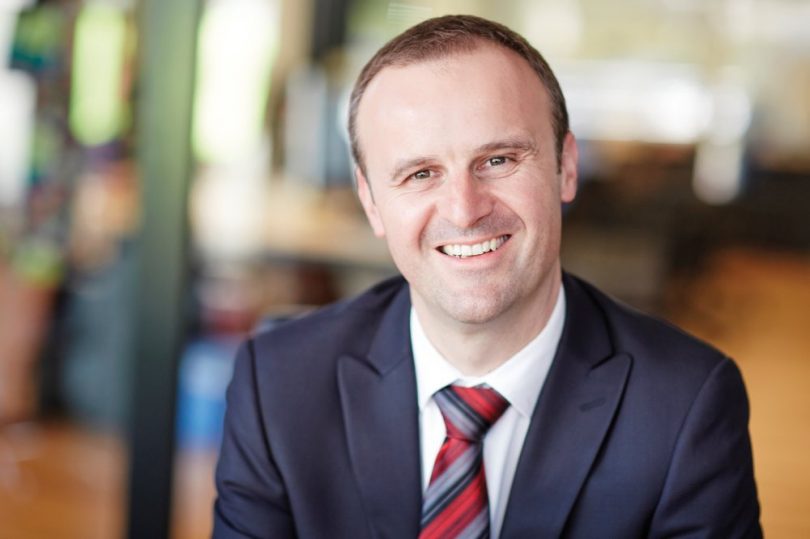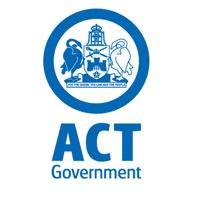
Through the foresight shown in our first 100 years Canberrans live in a great city, with services and infrastructure that are the envy of many around the world. As we come towards the end of our Centenary year now is a good time to consider what services and infrastructure should be priorities for our second century. To do this we must plan for the long-term, and think creatively about what we want our city to be like, and what it needs. Failing to do so is a recipe for stagnation, and will do future generations a disservice.
As such, the ACT Government has committed to transforming Canberra through new and transformative projects, notably the Capital Metro light rail, the City to the Lake Project, and a new northside hospital.
Each will provide benefits to Canberrans for generations to come – but they do pose the obvious question of how to pay for them. Quite simply, the government cannot fund projects costing hundreds of millions of dollars within the confines of a single four-year term of government. In other words, we need to borrow.
Taking advantage of our strong budget position and low levels of debt, modest borrowings are an important step for investing in Canberra’s future. Using debt to fund productive infrastructure is something responsible governments have been doing for decades.
Unfortunately, the debate in this country in recent years has become one about minimising debt at all cost. This mantra that ‘all debt is bad’ must be challenged, and must change. There is no good economic or social reason why governments should not take out a long-term loan for important new facilities. Given the benefits of big projects are spread across generations, such infrastructure need not be funded only from revenue from today’s budget.
There are two important caveats that governments must recognise. First, borrowings are a good thing when used for projects that are: productive and transformational; help a community work more efficiently and effectively; and create long- run growth, jobs, and benefits for residents. In the way a household should borrow prudently to build their house, the Territory can do the same to build our city.
Second, governments must ensure they are acting responsibly, and borrowing what they can afford to pay for. The ACT has one of the lowest proportionate debt levels of any State or Territory in Australia. Last month our AAA Stable credit rating – the highest available rating – was reaffirmed by Standard & Poor’s. As such, we have the capacity to take on debt – should we choose to do so – to ensure we build for the future.
There will always be the need, of course, to be a responsible economic manager and tax and spend responsibly. Returning the ACT budget to balance in the medium term is important. But returning to balance is not an end in itself. Doing so frees up the capacity to pay for long-term projects, both in terms of making repayments and borrowing at as competitive a rate as possible. Further, with interest rates at historically low levels, now is an opportune time to undertake long-term borrowings.
In the words of Nobel Prize winning economist Joseph Stiglitz, “Australia should instead seize the opportunity afforded by low global interest rates to make prudent public investments in education, infrastructure and technology that will deliver a high rate of return, stimulate private investment and allow businesses to flourish.”
Further, with the Commonwealth continuing its contraction the ACT Government’s contribution to the Territory’s economic growth will take on greater significance. Spending on large-scale infrastructure projects will therefore be a big boost to economic and jobs growth in Canberra.
Canberrans of the future will no doubt want a city with quality infrastructure and services. But providing this requires the foresight to take the long-term decisions to build the Canberra of tomorrow, and of 2033 and 2053. This requires the courage to think ahead and commit to building and funding important transformational projects.
Andrew Barr
Chief Minister of the Australian Capital Territory (ACT)
www.andrewbarr.com.au

